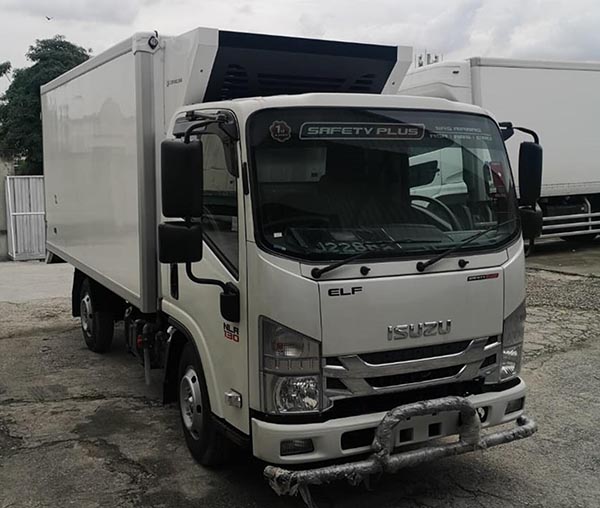Shaping the Future of Cold Chain Logistics: Refrigeration Units for Electric Trucks
As the global transportation industry shifts toward sustainability, the logistics sector is embracing new technologies to reduce its carbon footprint while maintaining efficiency. One of the most promising innovations is the integration of refrigeration units for electric trucks. These systems are set to revolutionize cold chain logistics, offering an environmentally friendly, cost-effective solution for transporting temperature-sensitive goods.

Electric trucks have already gained significant attention for their ability to reduce emissions and lower operational costs. However, the refrigeration systems that accompany them are just as crucial in ensuring that perishable goods remain at the right temperature throughout transportation. This article explores how refrigeration units for electric trucks are transforming the cold chain logistics industry, providing a greener and more efficient alternative to traditional diesel-powered solutions.
The Growing Demand for Sustainable Cold Chain Solutions
The cold chain logistics sector is responsible for transporting perishable goods such as food, pharmaceuticals, and medical supplies. These products require strict temperature control to maintain their safety and efficacy. Traditionally, refrigeration units on trucks have been powered by diesel engines, leading to high fuel consumption, increased emissions, and a larger carbon footprint.
With increasing pressure to meet sustainability goals, businesses in the logistics sector are turning to electric trucks for their environmental benefits. These vehicles produce zero emissions, offering a significant reduction in pollutants compared to diesel-powered trucks. However, one of the key challenges has been integrating refrigeration systems that can match the efficiency and sustainability of electric trucks themselves.
Refrigeration Units for Electric Trucks: How They Work
Refrigeration units for electric trucks are specifically designed to operate using the truck's battery power, eliminating the need for separate diesel engines. These units utilize electric compressors, fans, and other components to maintain precise temperature control inside the truck’s cargo area. This integration of the refrigeration system into the truck's energy management system allows for seamless operation, improving overall efficiency.
Unlike traditional refrigeration units that consume fuel to operate, electric refrigeration units use less energy and are powered directly by the truck's battery. This ensures that the refrigeration system does not require additional fuel sources, thus further reducing the truck's operational costs. Additionally, these systems are often more energy-efficient, using advanced technologies to minimize energy consumption while still delivering reliable cooling performance.
